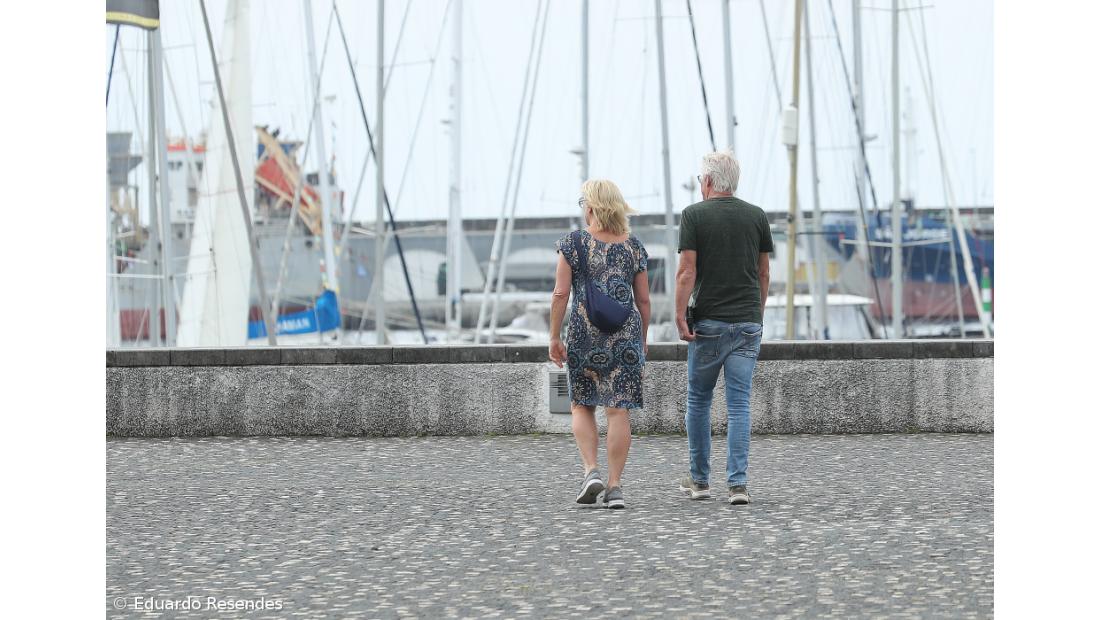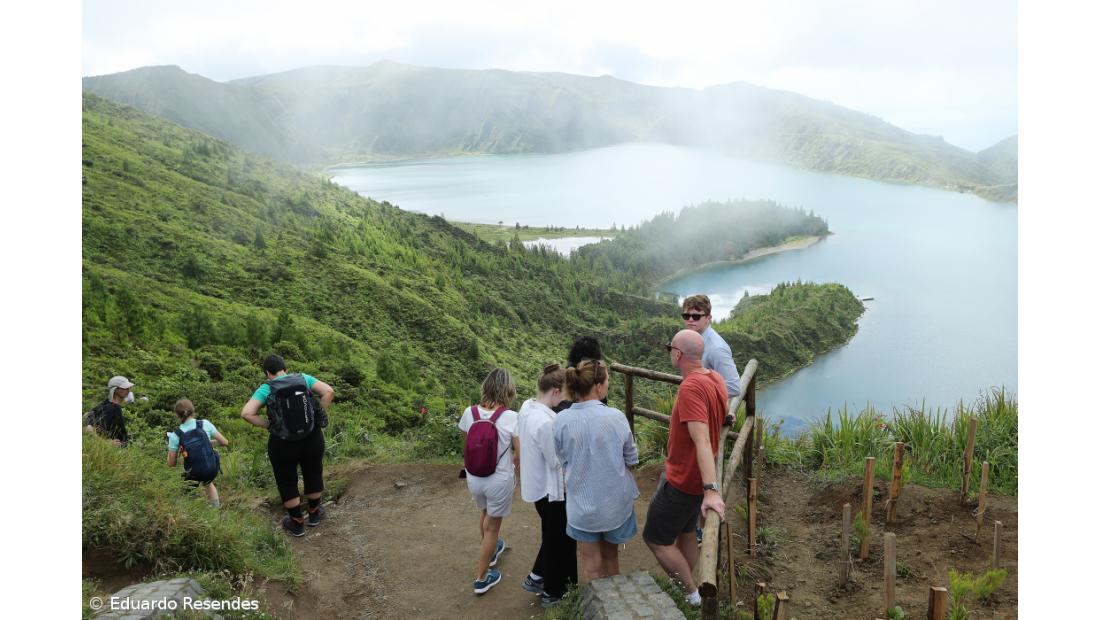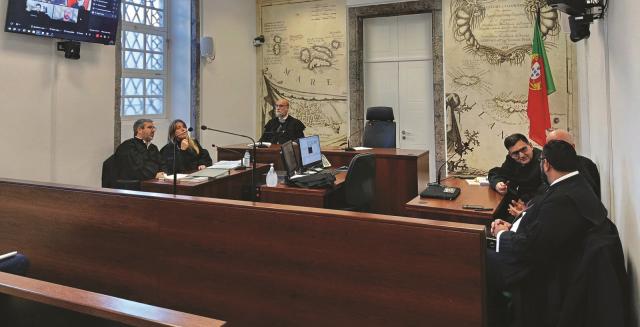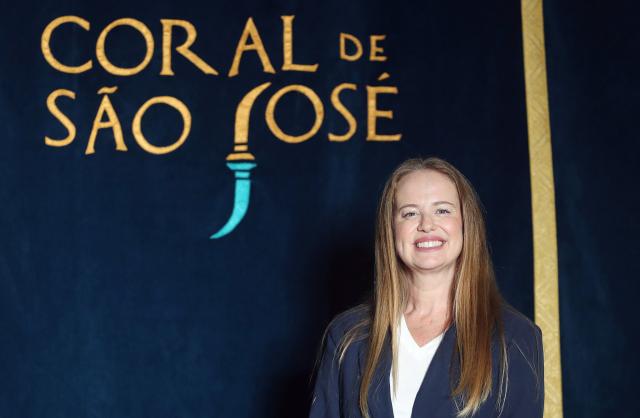Recently approved by the Council of Government, PEMTA acts as "a guiding document for the entire sector with the ultimate aim of ensuring that all companies and stakeholders can align their work under the same strategic guidelines".
Thus, setting a horizon between the year 2023 and the year 2030, the document made available by the Regional Government in its portal identifies the strategic products existing in the archipelago, stating that, in terms of "immediate investment", this should focus on priority products, such as nature on land and at sea.
In terms of "urgent focus", complementary products such as culture, gastronomy and wines, and the wellbeing category, follow. In third place are cruises, the meeting industry, as well as sun and sea.
This PEMTA also stipulates measures to stimulate travel in the low season, such as promoting "the idea that most experiences are practicable all year round" and that rain and temperature are "elements that qualify the experience".
It is also suggested that specialized events on cultural and heritage themes should be organized during the low season, as well as religious traditions and festivals should be promoted, including the development of gastronomic events.
To reduce seasonality, the suggestion is to "promote the destination’s serenity and tranquility, together with its mild temperatures and low temperature ranges", among others.
Strategic objectives
Regarding strategic objectives, the document in question highlights, first and foremost, the consolidation of the Azores as a sustainable tourist destination at international level.
As such, there are goals to be achieved by 2030, such as reaching the Gold badge in EarthCheck certification next year, with the hope of reaching Platinum by 2029. It also states that 15% of Azorean tour operators are committed to sustainability certification processes and that 80% of the local community is "satisfied with tourism".
Another objective presented in the document is to reduce seasonality, as well as to distribute tourist flows and manage load capacities.
To this end, the Regional Government aims to "reach 1.2 million passengers disembarking on inter- island flights", with this figure standing at 829,000 in 2022.
The aim is also to reduce the seasonal rate of overnight stays to 38% by 2030, compared to 43% in 2022.
It is also intended to "increase the weight of overnight stays between November and March to 21%", compared to 19% in 2022.
Regarding the objective of "raising quality standards and generating more value", the specific objectives in the PEMTA include continually raising the quality of infrastructures that support tourist experiences, as well as the professionalization and modernization of tourism-related businesses. It is also an objective to qualify and specialize workforce, and to implement measures to achieve greater profitability for tourism businesses.
It is also important to "raise the quality of life and well-being of the Azoreans through a strategy for managing the occupation of tourist spots that are more prone to over-concentration", as well as affirming the Azores as an inclusive destination, with infrastructures and skills to welcome visitors with reduced mobility, among others.
With the aim of boosting the end consumer’s awareness, PEMTA proposes "changing the paradigm of communication about the Azores" through digital channels, while at the same time trying to communicate with the end consumer in such a way as to "create a desire to visit the Azores". It is also an objective of the Regional Government to distribute tourist flows, raise quality standards and generate more value - through the modernization of practices, the creation of information systems, the qualification of workforce and the evolution of tourist activities.
Another goal is to leverage the archipelago's reputation among end consumers, through "the promotion and international dissemination of the Azores destination", as the document states, while fostering "the digitization of the destination, namely companies, enabling them to actively participate in the global promotion of the Azores".
In this area, it is also hoped that, by 2030, the specificities of the nine islands will be communicated "in an equitable and integrated manner", in order to promote the Azores as a unique and exclusive destination that offers its visitors "differentiated, unparalleled and memorable adventure and escape experiences".
At the same time, the aim is to "increase the ability to attract audiences that add value (economic and behavioral) to the destination", while communicating a "tourist experience that involves visitors and puts them in touch with the local community and with the elements of Azorean identity".
In the area of transversal guidelines for the qualification of the offer, the PEMTA mentions several areas, namely accommodation, restaurants, transport, tourist entertainment, commerce and support services, specifying aspects to improve in order to strengthen tourism on all the islands.
Highlighting air and sea transport, the document states that it is important to reinforce the policy of receiving and distributing passengers considering the five gateways, as well as "continuing the development of the São Miguel hub and reinforcing investment in the Terceira hub".
It is also necessary to "study and implement a strategic distribution network aligned with mobility needs between islands, ensured by public service obligations", and it is also necessary to increase the number of air connections to strategic markets, "especially during the IATA winter", in order to boost this period, among other strategies.
Investing in new markets
In terms of strategic audiences, the Azorean Tourism Strategic and Marketing Plan stresses that, until
2030, the bet on countries such as Portugal, Germany, the United States of America, France, Canada and Spain should be maintained, since these are "markets with a history of relevant demand, a propensity for consumption and high growth potential".
Countries such as the United Kingdom, Italy, Belgium and the Netherlands, which also have significant demand and growth potential, are looking to step up their game.
For countries such as Switzerland, Denmark, Austria, Sweden, Finland and Norway, it is considered necessary to "boost investment", taking into account the "potential for diversifying demand and mitigating seasonality".
In terms of opportunities that should be explored in new markets, there are countries such as Brazil, Israel, Poland, Ireland, Czechia, Hungary and Slovenia, "markets with a low market share and medium/long-term growth potential".
Among the guidelines for digital action are indications for interaction with opinion makers and influencers "who present a digital positioning aligned with the destination", while it is necessary to "ensure a return on investment" and "stimulate the distribution of flows".
Strengthening the Azores Brand
In the field of communication, considering reflections and recommendations on the Azores Brand, and although its strong territorial designation is recognized, it should be "analyzed from the point of view of its ability to symbolically represent the region’s positioning as a territory/economy and tourist destination".
In this context, and in order for the "true return on investment in the creation, development and management of the Azores Brand Seal to reach its full potential, it is essential to work on its widespread notoriety in the national and international markets, above all on its impact on the destination’s overall quality, so that current and potential tourists become aware of its essence and the associated concept of quality", reads the document.









